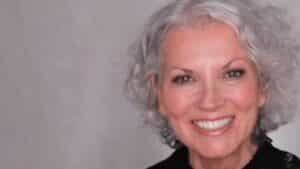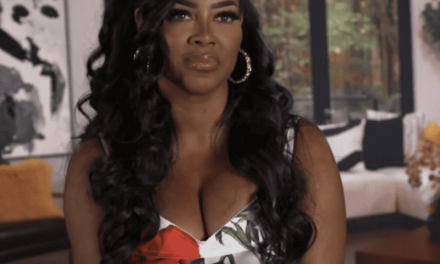
My favourite philosopher, Socrates (470-399 BCE), said, “An unexamined life is not worth living.” When we begin the lifelong journey along the narrow road of examining our life and gaining self-knowledge and self-improvement, we become philosophers. The term philosophy comes from two Greek words: philos, which means friend or love, and sophia, which means wisdom. The true philosopher, or “lover of wisdom,” is committed to living a thoughtful and self-disciplined life in the pursuit of truth and reality.
Of course, there are few things as intricate and multifaceted as a human life. So knowing what to examine first can feel overwhelming.
I’d like to share what I think is a very useful first question to ask ourselves.
How Much Control Do We Have Over Our Own Lives?
Before we go any further, let’s define control. For me, control is two linked things: the power to direct and restrain our own and/or other people’s behaviour, and the power to command the course of events.
Perhaps ironically for someone who loves philosophy, I think the question is most usefully tackled first of all by calling in the psychologists rather than the philosophers. Fascinating though philosophical debates on whether we have free will are, they’re not necessarily the quickest way to arrive at practical insights that can tangibly improve your life right now.
Locus of Control
Julian B. Rotter was a psychologist who, back in 1966, introduced the concept of the locus (i.e., location) of control. On the level of the individual, the positioning of this locus couldn’t be more important in determining how they live their lives.
Reflecting on our own locus of control forces us to face one of the most important questions a human being can ask themselves: Do we believe – and, just as importantly, act like – our lives are controlled by ourselves or by external forces, whether these are other people or concepts such as destiny, chance, or fate?
Those of us who opt to position our locus of control squarely within ourselves feel empowered and optimistic about the future. Those of us who give up our locus of control to other people or circumstances are much more susceptible to feeling hopeless and victimized.
Where Is Your Locus?
So I encourage you to ask yourself where your own locus of control is, and where you’d like it to be. Different readers may have different answers to the first part of the question. But the second part is a bit of a trick. Who, after all, wants control of their life to be out of their own hands?
We can probably all agree, then, that not having any control sounds fairly unappealing. But we need to be careful to not confuse our “locus of control” with some boundless form of “control.” Because wanting more control than is possible – being a “control freak,” in other words—is detrimental to our wellbeing, too.
Controlling Our Responses
The great Stoic philosopher Epictetus (55-135CE) said, “It’s not what happens to us, it’s how we react to it that matters.” What he meant by that was that we may not be in control of what happens around us or to us, but we can control how we respond. The emotional distress that we feel because of an event isn’t caused by the event but by how we choose to react to it.
What We Can Control
Epictetus made a list of things we can control with our willpower: our judgment of events and people, our impulses, our desires, our aversions, and our mental faculties in general. These are the things we take charge of once we’ve brought our locus of control in-house.
We Have No Control Over
He also made a list of what we can’t control: our body, our property, parents, siblings, children, country, and friends. It’s impossible to completely control others. And everyone’s life begins in an environment – their family, their childhood, their education, for example – that they didn’t choose and couldn’t control.
However, what we make of the hand that we have been dealt is where our own control begins.
Above All, What We Can Control Is Our Self-Development
We have the choice of what kind of human we want to be. Do we want to self-develop as much as we can, which means we actively direct our lives and take responsibility for our actions? Or do we want to drift through life, letting it happen to us, being the victim of other people or events, often complaining along that road?
If we are prepared to make self-development our life work and focus on this rather than on achieving riches or fame, our reward is that we get to evolve into our higher self and enjoy the sense of fulfilment and contentment that comes from doing so. We transform from children, who are at the mercy of their emotions and are ignorant of life, into adults who have achieved self-mastery. We become fully mature human beings, self-possessed, self-contained, and self-controlled. This is a lifelong process, and the main purpose in life. We are a work in progress.
In short, we have control only over our mind and attitudes. We accept things we can’t control in life – including other people – as they are. We accept that our responsibility is to practise self-control, be happy, and work with others, doing our little bit to improve the lives of those around us. This enlightenment leads to a peaceful, contented life.
Let’s Have a Conversation:
Are you on the road of self-development? Do you know what you can control in your life? Are you happy being a work in progress?





